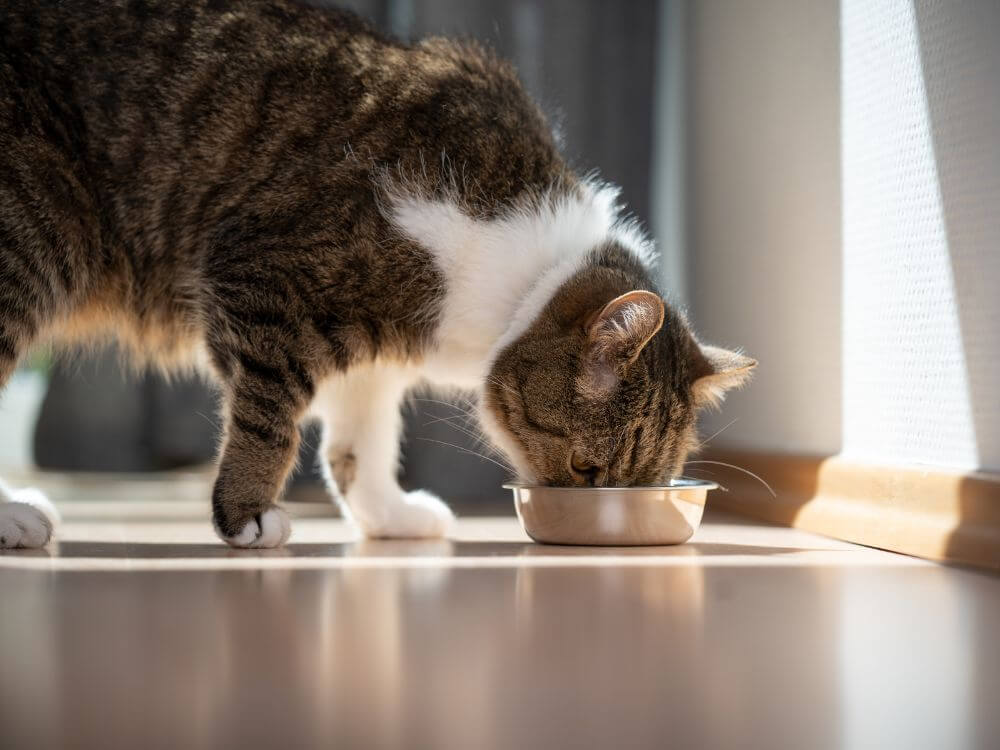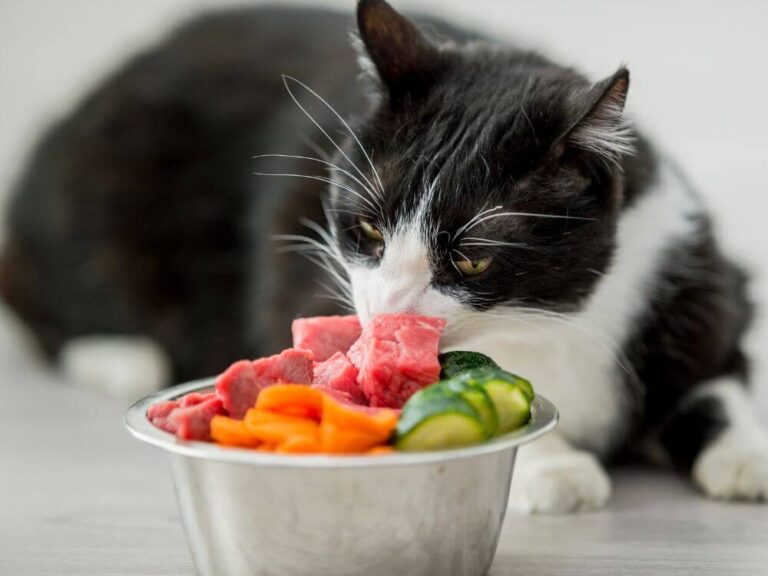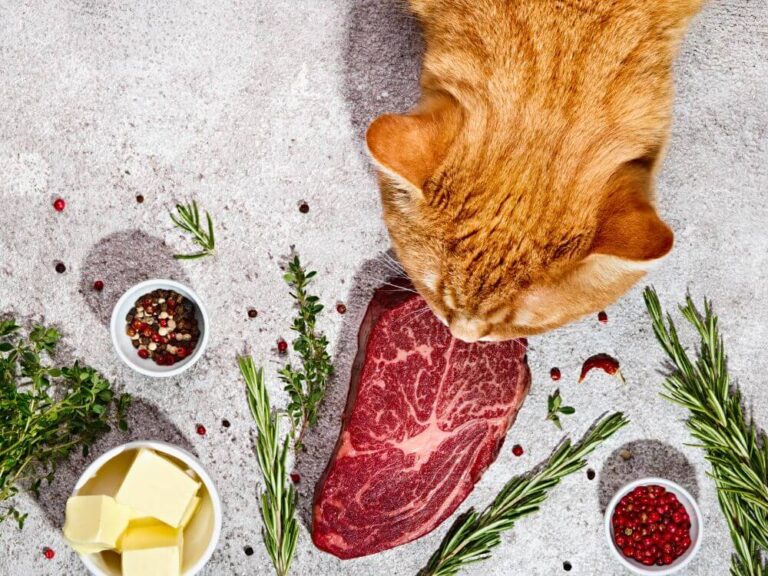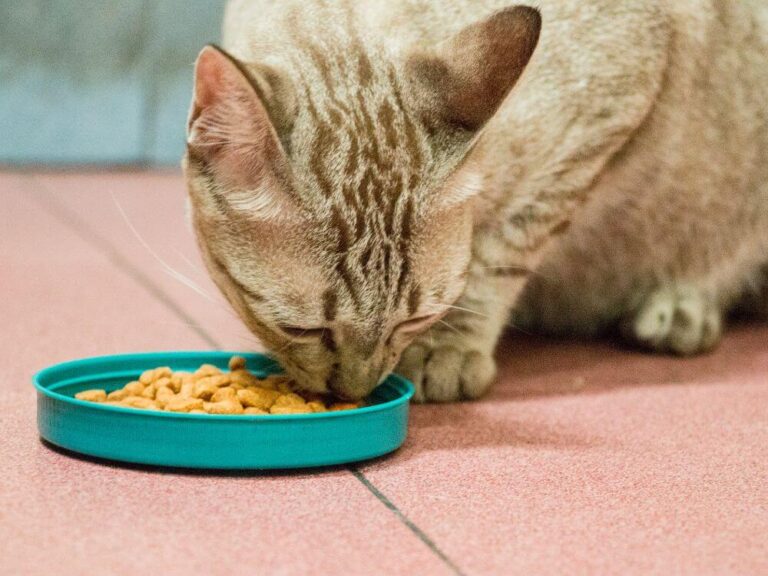Cats and a Vegetarian Diet: Is It Possible?

Cats are obligate carnivores, which means their bodies are biologically designed to require meat for optimal health. The idea of a vegetarian diet for cats might appeal to people for ethical or environmental reasons, but it raises serious questions about feline nutrition. Can cats truly thrive without meat, and if so, how can we ensure they receive the necessary nutrients?
Understanding the Feline Diet
Cats need a variety of nutrients that come predominantly from animal sources. One of the most crucial of these nutrients is taurine, an amino acid found mainly in animal tissues. Without sufficient taurine, cats can suffer from serious health issues like heart disease, vision loss, and a weakened immune system. Additionally, cats require arachidonic acid, vitamin A, and vitamin B12, which are found in abundance in animal products but are largely absent in plant-based foods.
Nutritional Challenges of a Vegetarian Diet
A vegetarian diet for cats can lead to several nutritional deficiencies. Taurine, arachidonic acid, and other essential nutrients can only be found in meat. While some commercial cat foods claim to provide these nutrients through synthetic additives, this solution is not without its risks. The body may not absorb synthetic nutrients as efficiently as those from natural sources, leading to long-term health issues.
Moreover, cats lack the enzymes needed to efficiently convert plant-based omega-3 fatty acids into the forms they need, such as DHA and EPA. These are vital for brain function and overall health, and they are mainly found in fish and meat.
Ethical Considerations
For pet owners who follow a vegetarian or vegan lifestyle, the desire to extend this philosophy to their pets can be strong. However, it is important to consider the ethical implications of imposing a diet on an animal that does not align with its natural dietary needs. Cats, as obligate carnivores, are naturally designed to eat meat, and altering this may compromise their health and well-being.
Commercial Vegetarian Cat Foods
There are a few commercial vegetarian and vegan cat foods available on the market. These foods often contain synthetic taurine and other nutrients to replace those found in meat. However, the long-term effects of feeding cats such diets are still under-researched. Some veterinarians express concern over whether these synthetic versions can truly replicate the benefits of their natural counterparts.
Health Risks of a Vegetarian Diet for Cats
Feeding cats a vegetarian diet can lead to several health risks, including:
- Taurine deficiency: As mentioned earlier, a lack of taurine can result in heart disease, blindness, and immune dysfunction.
- Protein deficiency: Plant-based proteins are not as bioavailable as animal proteins, meaning cats may not absorb enough protein to maintain muscle mass and overall health.
- Weight loss and malnutrition: Without the right balance of nutrients, cats may experience unhealthy weight loss, muscle atrophy, and nutrient deficiencies that lead to various diseases.
- Digestive problems: Cats have short digestive tracts that are designed to process meat efficiently. They may struggle to digest plant-based foods, leading to gastrointestinal issues.
Are There Safe Alternatives?
If you are committed to reducing the environmental impact of your cat’s diet or aligning it with your ethical beliefs, there are a few alternatives to consider:
- Insect-based proteins: Some emerging cat foods use insect-based proteins, which are more sustainable than traditional meat sources. These may be a middle ground between vegetarianism and meeting your cat’s nutritional needs.
- Lab-grown meat: Though still in its early stages, lab-grown meat could eventually offer a sustainable alternative to conventional meat without harming animals.
- High-quality, meat-based diets: The best option for your cat’s health is a balanced, high-quality diet with ethically sourced meat. You can reduce your environmental footprint by choosing sustainably farmed or wild-caught animal products.
Consulting a Veterinarian
If you are considering transitioning your cat to a vegetarian diet, it is essential to consult a veterinarian first. They can assess your cat’s health and determine if it’s possible to meet their nutritional needs with a plant-based diet. In most cases, a veterinarian will advise against it, but they may be able to suggest alternative options that align with your values without compromising your cat’s well-being.
Conclusion
While the idea of a vegetarian cat diet may appeal to certain pet owners, it presents numerous challenges. Cats are obligate carnivores, and their bodies are not equipped to thrive on plant-based diets. Synthetic nutrients can help mitigate some deficiencies, but the long-term effects of such a diet are unclear and could pose significant health risks. The best course of action is to consult with a veterinarian and prioritize your cat’s health over any dietary philosophy. Ultimately, your cat’s well-being should be the top priority when choosing their food.



